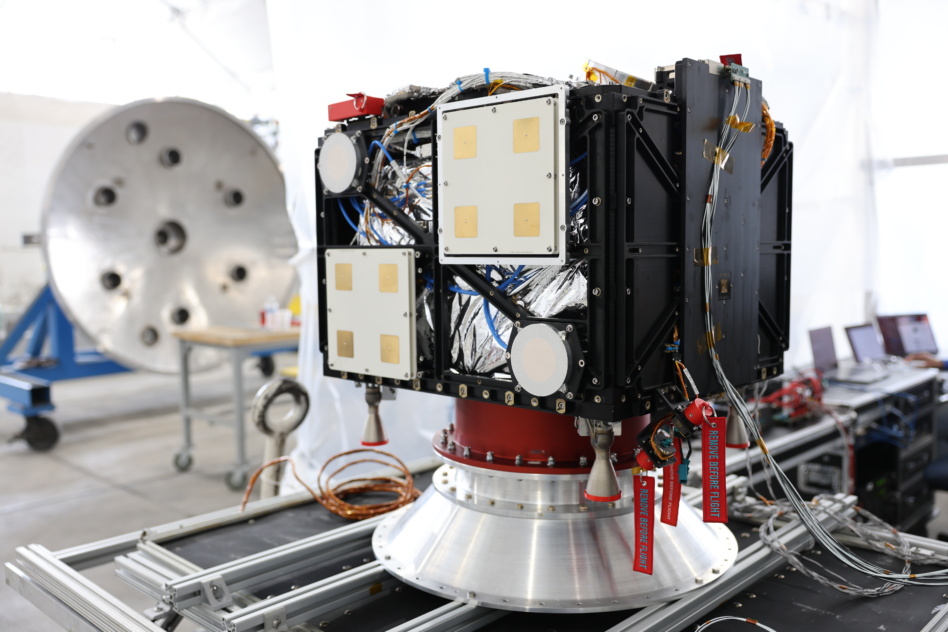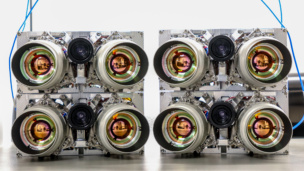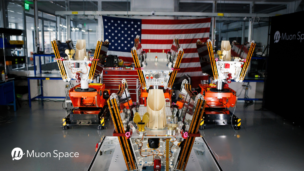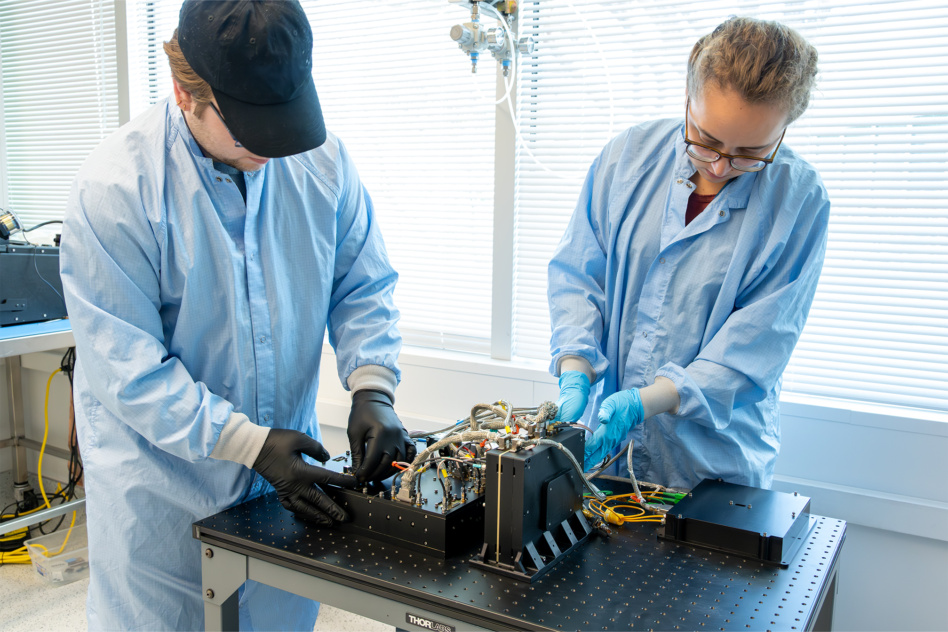Colorado Springs, CO—AstroForge CEO Matt Gialich isn’t surprised the startup failed to reach its destination on its first asteroid mission in February. In fact, don’t be surprised if the next spacecraft, set to launch with Intuitive Machine’s IM-3 this fall, fails too. After all, interplanetary space is a tough proving ground for startups—but the company says even failure is a good pathway for future missions.
“Will we actually land on an asteroid and get these beautiful samples? Probably f—— not,” Gialich told Payload. “But do we hope to change the name of the game for access to deep space, and show people that the price point we’re doing this at is doable? I hope.”
Great success: Despite AstroForge’s Odin spacecraft not making a picturesque fly-by of its asteroid target as planned, Gialich said the AstroForge team had a lot to be proud of.
“The last communication with our spacecraft was 850,000 km [530,000 miles] away,” he said. ”All of this math stuff in the background had to go right to make it happen. Yeah, we didn’t make it to an asteroid…But we still went the farthest a commercial spacecraft has ever gone….I don’t want to undersell that.”
Gialich also said lessons learned regarding ground station backup needs and solar array deployment will be incorporated in their next mission—which will attempt to fly a 200 kg [440 lbs] spacecraft to an asteroid with enough fuel onboard to attempt a soft landing, all for a price tag under $10M.
“All of this is solvable with money. I could have 20 ground stations,” he said. “As soon as we lose sight of being a business and our costs, we just become every other space startup out there.”
Join up: AstroForge shared a 3,000+ word debrief on the Odin mission. That transparency paid off: Gialich said the company saw a 10x increase in resumes after being so open about the mission. Gialich, however, is committed to hiring only “explorers” who fit the company’s go-for-broke culture.
“People are talking about LEO. The crazy people talk about GEO,” he said. “We’re the ones that are like, “F— it. Let’s go for it.” It’s a totally new regime that people aren’t used to.”





